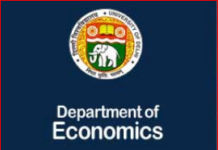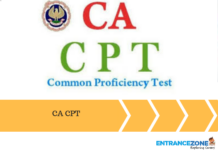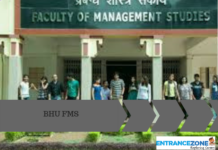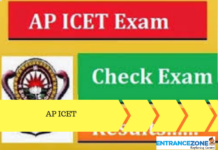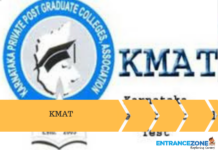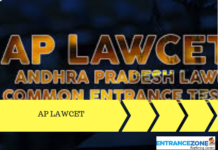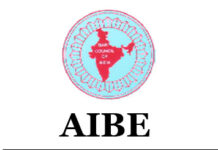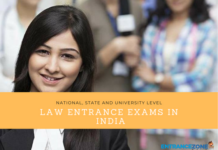Cartographic new-age legal education: India must take remedial measures to invigorate and invent its legal education to bring it at par with the western countries, writes VC Vivekanandan. It was in the early 1920s when the lawyers had to be graduates from a law school to practice in courts. This was a marked departure from the dominant model of the UK where learning law is by way of practice in the court and not in a legal institution. The American model gained dominance in most new ‘nation-states’.
Admission Open 2023
- Top University & Colleges Official Links, Application & Scholarship Forms.
In tune with the slogan of ‘Think Global and Act Local’ – legal educationists started serious efforts to study other jurisdictions which initially was intellectual curiosity. Soon the consolidation of world trade, global business expansion of private and state-led corporations made it as a necessity for lawyers involved in business law practice to study other jurisdictions. The non-business segment of lawyering also gained traction in mapping issues of human rights, refugee issues, gender, privacy, LGBT rights, transparency in governance, global health and environment, etc.
The American and European jurisdictions have made their strides in the last few decades to map and integrate these divisions with specialised studies, scholastic chairs, research and think tanks. They also had and still have the advantage of attracting the front-line academic aspirants from the third world to contribute to such efforts. This is manifested in the educational diplomacy of their dominant views in terms of academic collaborations, publications, legal databases, international negotiations, and governance prescriptions.
Subscribe to Get Updated Information about Cartographing New-Age Legal Education - VC Vivekanandan - Admissions
INDIAN LEGAL EDUCATION
The challenge for developing nations like India is to analyse, invigorate and invent their legal education to bring themselves at par with the western counterparts through a prioritised agenda. In the exhaustive list of priorities, there are five imperatives for India: Firstly, to realise that imparting quality legal education is fundamental. The last decade witnessed mushrooming of Law programmes, but a preliminary audit reveals that there was a question mark over the quality. This is a collective onus of the legal fraternity of academics, lawyers and policy wonks.
Secondly, the term globalisation needs to be understood in a coalition of the political-social-economic milieu of expanding the values of transparency, probity in public and business transactions. This is not new for the Indian legal fraternity, but it has to re-discover the ‘legal prowess’ displayed in the national-international arena during the independence movement.
Thirdly, developing a national consortium of research in legal education — this requires human and economic resources. There needs to be collaboration and cooperation in research by institutes in the national and international arena.
Lastly, the recent advances of science and technology have proven and given a new meaning to globalisation in terms of interdependence by bio-diversity and food web, trade and commerce, sustainable development and futility of arms race. The concept of ‘globalised legal education’ needs to be the GPS of such a road map and Indian legal traditions and aspirations can stake its legitimate claims based on its glimpses of contribution in the recent past.

VC Vivekanandan
(The author is the Founder, Dean of the School of Law, Bennett University)

